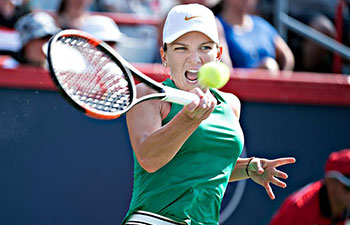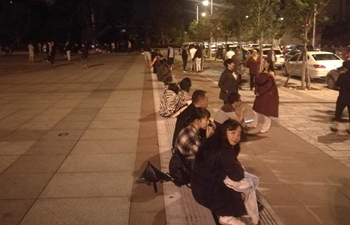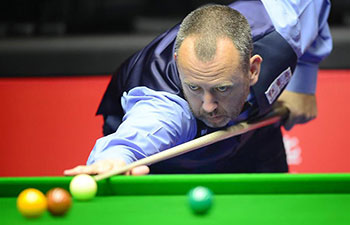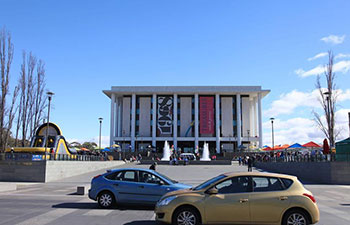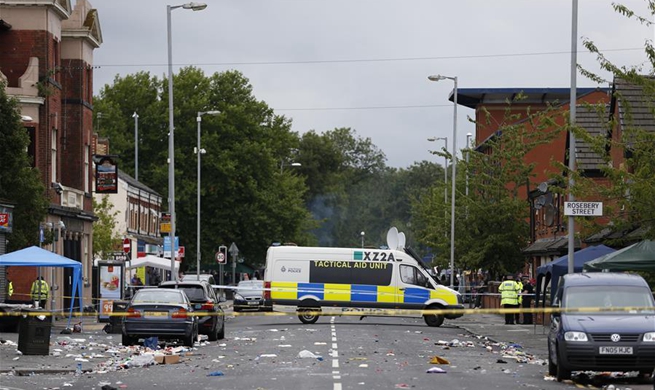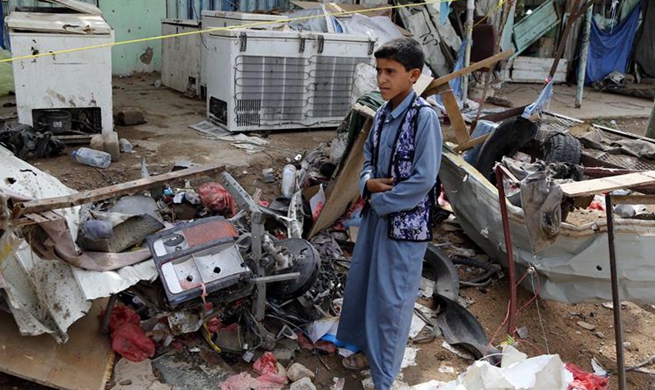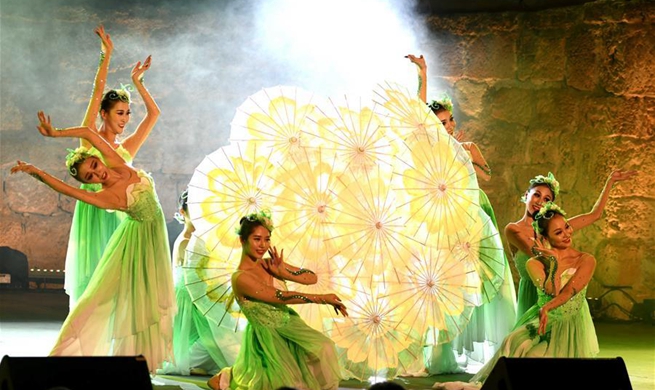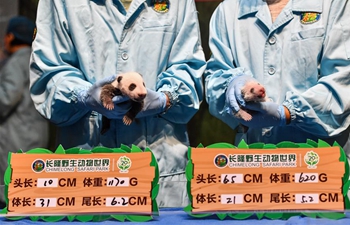MOGADISHU, Aug. 13 (Xinhua) -- The UN has called on Somalia to take urgent steps to ensure future elections are not marred by the human rights violations and abuses committed during the 2016-2017 electoral process.
The UN Assistance Mission in Somalia (UNSOM) and the UN Human Rights Office said in a joint report released on Monday that the Horn of Africa nation should build on the considerable gains made in its peace process in the last five years to avert human rights abuses.
"Insecurity, weak justice institutions, and an insufficient human rights protection system contributed to the lack of accountability for human rights violations throughout Somalia," the report says.
It details human rights violations and abuses by state security forces, including the police and intelligence agencies, and non-state actors, among them al-Shabab, before, during and after parliamentary and presidential elections held in late 2016 and early 2017.
According to the report, 13 clan elders and two electoral delegates were killed between August 2016 and the presidential election held on February 8, 2017.
The UN said violent attacks on people involved in the election process continued after this, with the killing of 29 clan elders and electoral delegates, including three women.
According to the report, only two of the 44 documented killings have been investigated and prosecuted to date.
The joint report calls for prompt, independent and impartial investigations into human rights violations and abuses committed in the context of the electoral process.
The report also urges the Somali government to ensure that the national electoral legislation is enacted before the 2020 elections, and that it meets applicable international human rights standards.
"There should also be vetting of the human rights records of candidates. During the 2016-2017 electoral process, candidates included former warlords and a military commander accused of war crimes," said the UN.
The report says journalists, human rights defenders and political leaders were subjected to attacks, intimidation and other forms of harassment and interference.
"This violence impeded the free flow of information, undermining the ability of citizens to benefit from and contribute to democratic processes by means of informed decisions on a wide range of issues," the report says.
The report notes that that the 2016-2017 electoral process took place at a time when Somalia had no political parties.
"Without the necessary conditions to apply universal suffrage, there was a system of indirect elections whereby 275 electoral colleges, each with 51 delegates, elected the 275 members of the House of the People, which then elected the new President on February 8 2017," says the report.
The UN said the result was a more diverse parliament with half its members newly elected and women's representation up from 14 percent in 2012 to 24 percent.
The report also includes a section on the 2017 presidential election in Somaliland on November 13 2017, where a one person, one vote system was applied.
The report details election-related human rights violations in Somaliland, including excessive use of force by security forces against demonstrators, which caused three deaths and injured 17.




